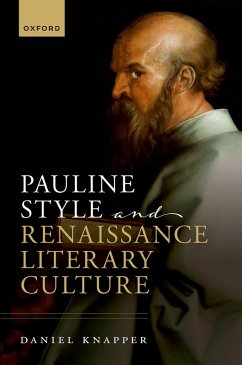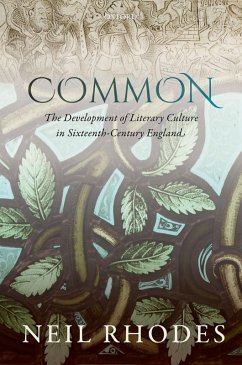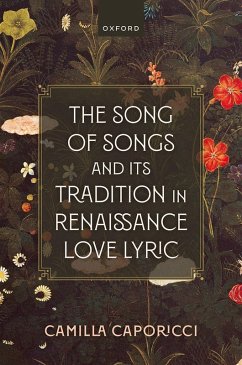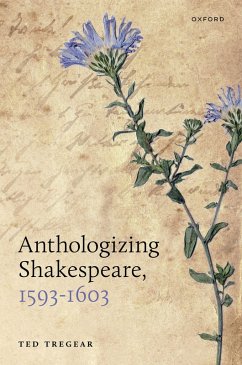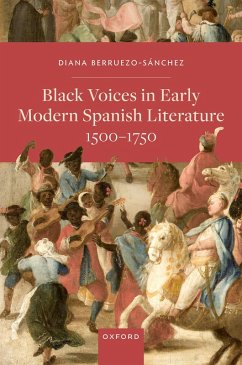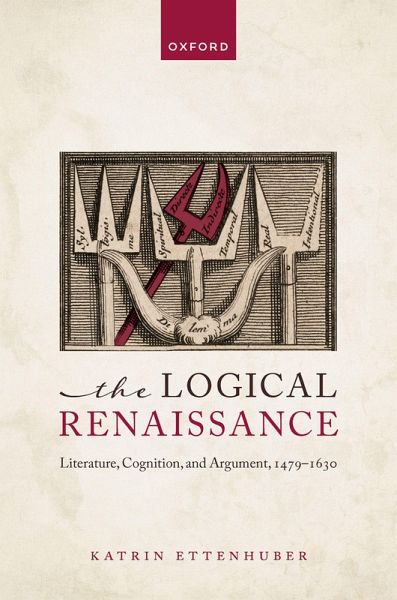
The Logical Renaissance (eBook, ePUB)
Literature, Cognition, and Argument, 1479-1630
Versandkostenfrei!
Sofort per Download lieferbar
54,95 €
inkl. MwSt.
Weitere Ausgaben:

PAYBACK Punkte
27 °P sammeln!
The Logical Renaissance: Literature, Cognition, and Argument, 1479-1630 is the first substantial account of early modern English literature's deep but uncharted relationship with logic. The nature and functions of logic have been largely misunderstood in literary criticism of the period, where it is often seen as sterile and formalistic: either an overcomplex remnant of Medieval philosophy superseded by rhetoric, or part of a Ramist pedagogy so stripped back that it had little to offer in the way of creative inspiration. Katrin Ettenhuber shows instead that early modern writers encountered in ...
The Logical Renaissance: Literature, Cognition, and Argument, 1479-1630 is the first substantial account of early modern English literature's deep but uncharted relationship with logic. The nature and functions of logic have been largely misunderstood in literary criticism of the period, where it is often seen as sterile and formalistic: either an overcomplex remnant of Medieval philosophy superseded by rhetoric, or part of a Ramist pedagogy so stripped back that it had little to offer in the way of creative inspiration. Katrin Ettenhuber shows instead that early modern writers encountered in their study of logic a vibrantly practical art of argument and reasoning, which provided rich opportunities for imaginative engagement and artistic appropriation. The book opens with a clear and accessible introduction to the logical terms and concepts that will guide the discussion. It charts changes in logic education between the late fifteenth and early seventeenth centuries, before presenting a series of case studies that illustrate the creative applications of logic across a wide range of genres, including epic and lyric poetry, drama, and religious prose. The Logical Renaissance demonstrates, for the first time, logic's central role in the literary culture of early modern England.
Dieser Download kann aus rechtlichen Gründen nur mit Rechnungsadresse in A, B, BG, CY, CZ, D, DK, EW, E, FIN, F, GR, HR, H, IRL, I, LT, L, LR, M, NL, PL, P, R, S, SLO, SK ausgeliefert werden.




